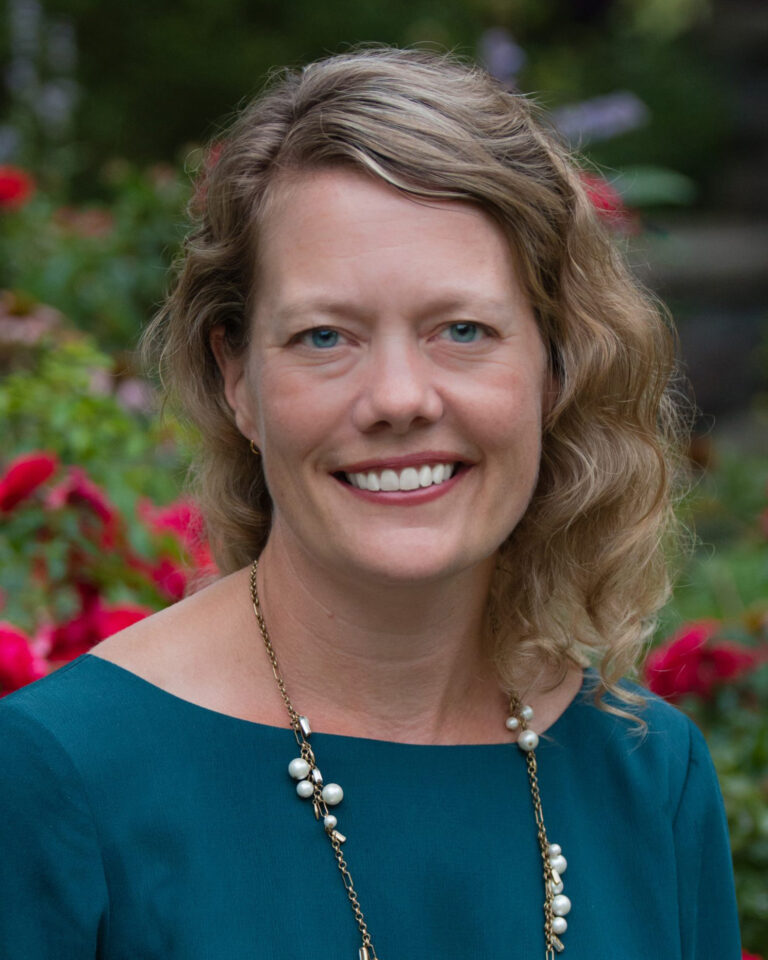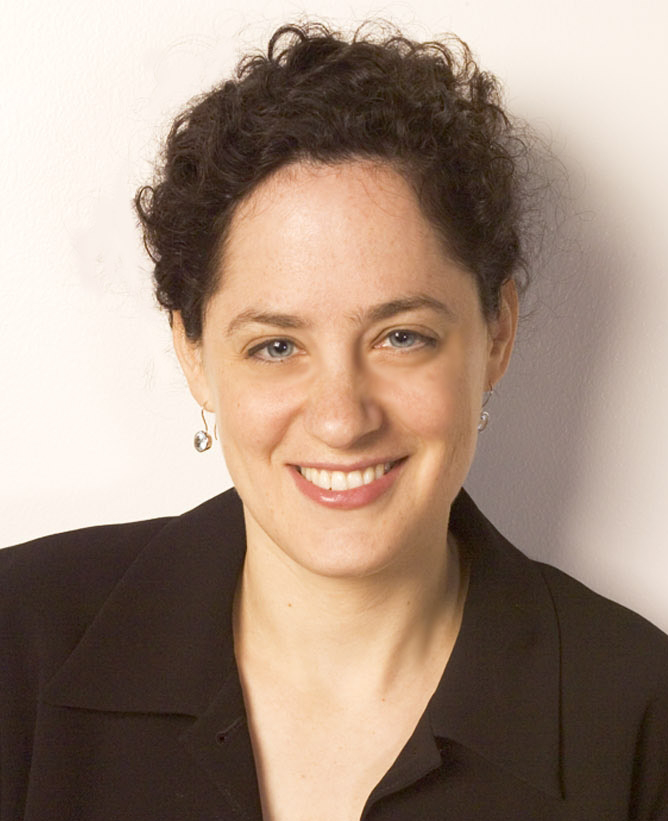From the Board of Governors: ABR Presentation at Association of University Radiologists Meeting Highlights New DR Oral Exam
By Cheri L. Canon, MD, ABR President-elect, and Desiree E. Morgan, MD, ABR Governor
June 2024;17(3):4
The ABR had an opportunity to present an update at the Association of University Radiologists (now the Association of Academic Radiology [AAR]) meeting in Boston in April.
Steve Simoneaux, MD, diagnostic radiology vice chair for the ABR Board of Trustees, presented an overview of the new DR Oral Certifying Exam to be introduced in early 2028. Information was shared online soon after last year’s announcement regarding the new exam and it has been supplemented over time, but Dr. Simoneaux provided a summary of important elements.
Most notably, the exam will be given remotely using case sets from seven categories1 to assess the clinical, observation, communication, and professionalism skills required of an independently practicing diagnostic radiologist. Dr. Simoneaux’s presentation also noted the differences between the previous oral exam and the 2028 model: the new exam will include not only enhanced standardization of the scoring rubrics but also uniform case sets that will vary little from one examiner to the next within a specific exam category for each testing session.
Informal conversations in the days that followed Dr. Simoneaux’s presentation revealed unexpected confusion among trainees and faculty attending the AAR meeting regarding the fundamental exam format. Like its predecessor of more than a decade ago, the new DR Oral Exam will include imaging cases that the examinees will analyze and discuss at a level that would be appropriate when consulting with a referring physician or issuing a written report. This discussion would include pertinent findings, a reasonable differential diagnosis, the most likely diagnosis, and the next steps to be considered (including additional imaging when appropriate). If relevant, an explanation of artifacts or a description of precautions or expected potential complications involving diagnostic radiology procedures (those relevant to and performed by general radiology practitioners) might be part of the discussion.
In her portion of the session, ABR President-elect Dr. Canon noted the increased interest in the ABR’s International Medical Graduate (IMG) Alternate Pathway for individuals who complete residency outside the U.S. and Canada. Over the past two years, the ABR has modified the requirements and reduced the application fee for this program, which currently has 275 candidates enrolled (most in diagnostic radiology). She also noted the ongoing engagement of tens of thousands of diplomates in Online Longitudinal Assessment (OLA) to satisfy Part 3 of their Continuing Certification requirements and described the quality improvement efforts in OLA content based on feedback provided by program participants. In the context of competency-based medical education (CBME), the ABR will continue to explore and engage in conversations with all stakeholders including the American Board of Medical Specialties (ABMS), the Accreditation Council for Graduate Medical Education (ACGME), and program directors in our specialties to determine the best path forward to address complicated questions of resources and the inherently variable learning rates among trainees to be capable of independent practice. Dr. Canon also reviewed the ABR’s priorities, including efforts to control costs, improve clarity of communications, and maintain reasonable standards in support of candidates, diplomates, and the mission. She concluded by recognizing the vital importance of volunteers, who provide their subject matter expertise in the creation of high quality ABR exams.
Elizabeth Oates, MD, presented on the growing interest in the 16-month pathway as a route to subspecialty certification in nuclear radiology. Since 2017, 74 programs have had residents enrolled in the pathway. As of April, 239 residents had either completed or were enrolled in the pathway, and 2024 represented the highest total number of graduates (44). An ABR survey of those who had completed the pathway, conducted earlier this year, included the question “Why did you choose to pursue the ABR 16-month pathway?” The most frequent response was “Enjoy field/advances in field/future potential.”
While at the AAR meeting, the ABR met with several stakeholder groups, including the Society of Chairs of Academic Radiology Departments (SCARD), the American Alliance of Academic Chief Residents in Radiology (A3CR2), the Association of Program Directors in Radiology (APDR), the Association of Program Directors in Interventional Radiology (APDIR), AAR, and the American College of Radiology (ACR). Some of the discussions revealed ongoing concerns regarding the timing of the new DR Oral Exam, and the potential implications for fellowship training or disruptions in clinical practice. Extensive input from stakeholder groups in advance of the ABR’s decision revealed a lack of consensus on the “best” time for the exam to be administered. The timing is set for 2028: a resident’s first opportunity to take the certifying exam will be during the first five months of the calendar year following completion of training. The ABR has consistently expressed willingness to consider other options after 2028, based on ongoing input from program directors, faculty, department chairs, and the candidates themselves. In addition to hosting stakeholder meetings, the ABR held an appreciation reception for our ABR volunteers in attendance at the AAR meeting.
- Diagnostic Radiology Oral Certifying Exam categories: abdominal, breast, cardiothoracic, musculoskeletal, neuro, nuclear, and pediatric







